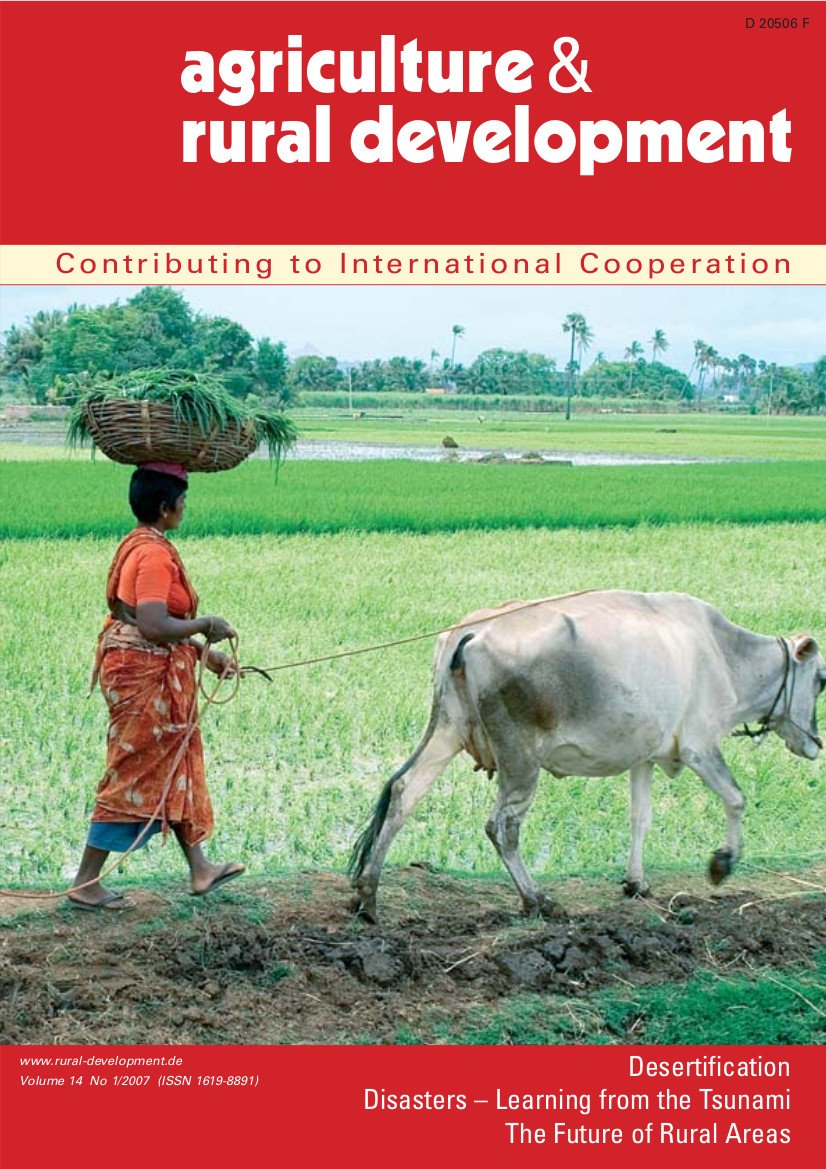Food security and poverty mitigation through smallholder dairy – the Zambian case
Supporting smallholder farmers is one of the best ways to fight poverty and ensure food security. Such support involving the active participation of smallholder farmers in Zambia has demonstrated a significant increase in farmers’ engagement in general and an improvement in milk production, resulting in nutritional food security both at household and national level and income for the poor farmers.








